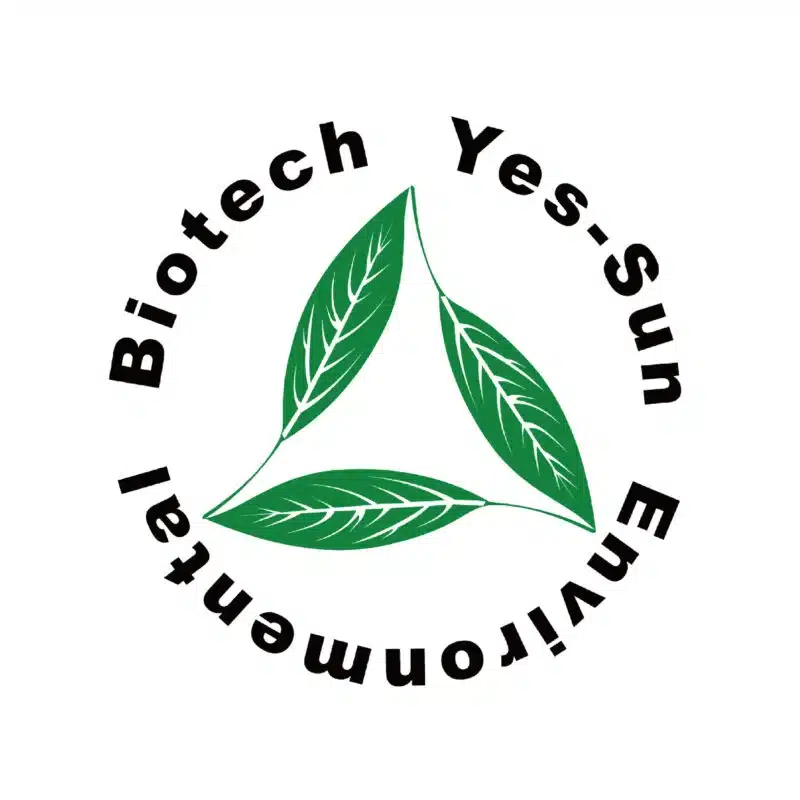by Matt Vasilogambros
2023 States Newsroom.
Distributed by Tribune Content Agency, LLC.
https://phys.org/news/2023-06-food-scraps-earth-cities-states.html
The New York City Council has passed a new ordinance requiring residents to dispose of food scraps and yard waste in vermin-proof containers for composting, contributing to climate change mitigation and rat control. If Mayor Eric Adams signs it, it will be the largest municipal composting program in the U.S., diverting 8 million pounds of organic waste daily from landfills and reducing methane emissions. This initiative is part of a broader effort to achieve Zero Waste by 2035.
Across the U.S., various communities have adopted voluntary or mandatory composting programs, showing benefits like emission reduction, landfill space conservation, job creation, and improved soil health. However, these programs require significant investment in bins, facilities, and public education.
California has also enacted a law mandating curbside organic waste pickup and composting, with 70% of local jurisdictions complying. The state aims to reduce organic waste disposal by 75% of 2014 levels, equivalent to removing 3 million cars from roads.
While public participation in composting can be challenging, gradual adoption and education are key. Success stories from cities like San Francisco, Portland, and Seattle demonstrate the potential of composting programs, inspiring more communities to join the effort to fight climate change and enhance sustainability.
Discover the future of waste management with composting free technology
Handling organic waste properly can be challenging due to the unpleasant smell and dirty water produced during the composting process. Despite the availability of various composting technologies and equipment in the market, time and pollution remain significant concerns. However, a novel technology that combines patented equipment and enzymes offers a potential solution. This innovative approach can convert organic waste into fertilizer in just a few hours, and most importantly, without causing pollution.
Learn more


 中文 (台灣)
中文 (台灣) Bahasa Indonesia
Bahasa Indonesia Tiếng Việt
Tiếng Việt Bahasa Melayu
Bahasa Melayu Français
Français Español
Español Português
Português